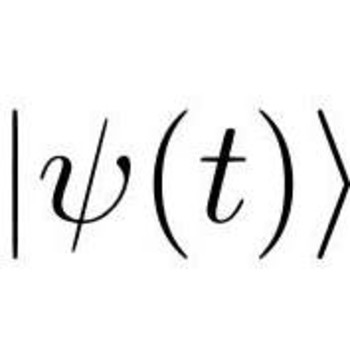If an object with a mass of #5 kg # changes speed from #5m/s# to #10 m/s#, by how much does its kinetic energy change?
1 Answer
Mar 25, 2018
The object has gained
Explanation:
The initial kinetic energy is:
#m# is the mass of the object in kilograms
#v_1# is the initial velocity, which is#5 \ "m/s"# .
And so, we get,
The final kinetic energy is:
#v_2# is the final velocity, which is#10 \ "m/s"# .
Again, we just plug in values into the equation, and we get,
The change in kinetic energy is:

